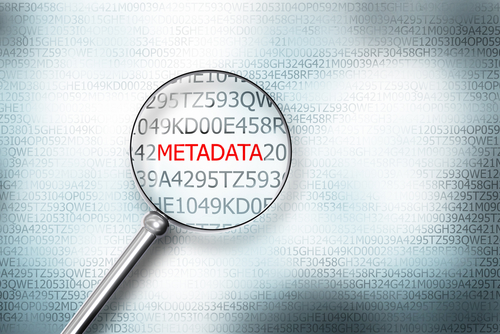Tech tips for the frugal solo or small-firm practitioner
Think you’ve got a frugal firm? The frugal firm, according veteran solos Patrick J. Crowley of Okemos, Mich., and Marc W. Matheny of Indianapolis, is not a “cheap” firm or one that cuts corners unnecessarily. It is a firm with limited resources or one that makes a conscientious decision to use all available resources before investing in the latest and the greatest in technological wizardry.
To operate a fully functioning law office, the pair said today at an ABA Techshow presentation, you need several essentials: a decent computer system, telephone and email functionality, an accounting and time and billing system, practice management software, mobility and a document management system, all of which (except for the computer, a smartphone and a tablet) are available at little to no cost to the user.
At a minimum, your computer system should have at least 2 GB or more of memory, a 320 GB or larger hard drive, at least one 23-inch monitor, a 512 MB+ video card and a Pentium Core Duo or Quad Core processor running at a minimum speed of 2.0-3.0 GHz, they said. But a power user or someone working with a large number of applications should consider investing in a higher-end system.
There are a variety of email systems available, from the totally free services provided by Gmail and Mozilla Thunderbird to the more traditional Microsoft Outlook, Crowley and Matheny said. But to take your email one step further, you must buy practice and case management software, which can either be based in-house or “in the cloud” with an Internet-based service.
But whatever product you choose, Matheny cautioned, you should stick with it, because no practice and case management system is fully compatible with another. A good comparison chart of those software options is available at the ABA Legal Technology Resource Center website.
Along with case and practice management software, you’ll need time and billing and accounting software, which is not necessarily an expensive proposition, the pair said. Established products like Timeslips, Time Matters and PCLaw are available for as little as a few hundred dollars, along with nonlegal packages such as QuickBooks, MYOB and Simply Accounting.
Crowley and Matheny said they would leave it up to the individual practitioner to decide which phone system is best for his or her practice because prices tend to vary greatly based on provider and location. But the frugal lawyer should know the difference between a traditional phone system and a Voice Over IP system, which allows you to add numerous lines and numbers for what normally is a much smaller fee.
For online legal research, Crowley and Matheny recommend starting with Google. But there are many different legal research tools available online, either for free or for a nominal fee, they said, including Casemaker, Fastcase, LoisLaw, Findlaw and the Legal Information Institute at Cornell University.



